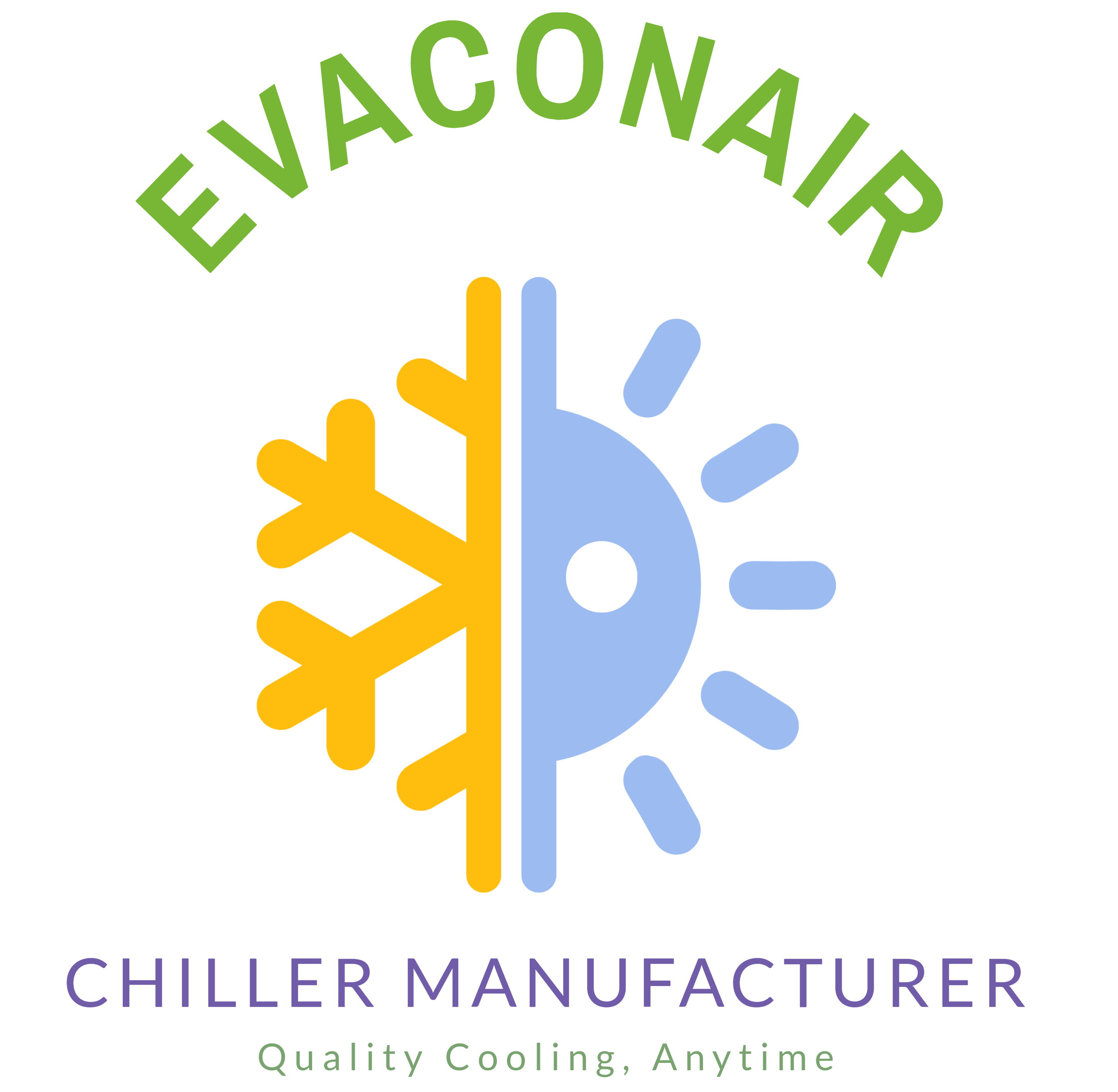Blog
How to Choose a Good Chiller ?
Choosing a good chiller involves considering several key factors to ensure it meets your specific cooling requirements efficiently and cost-effectively. Here are some important aspects to consider:
Cooling Capacity
Determine the required cooling load (measured in tons or kW) to ensure the chiller can handle your specific cooling needs.
Type of Chiller
Decide between air-cooled and water-cooled chillers based on your application’s requirements, available space, and water resources.
Energy Efficiency
Look for chillers with high energy efficiency ratings (e.g., SEER, EER, or COP) to minimize operating costs and reduce environmental impact.
Refrigerant Type
Choose a chiller that uses an environmentally friendly refrigerant with low Global Warming Potential (GWP) and Ozone Depletion Potential (ODP).
Reliability and Durability
Select a chiller from a reputable brand known for producing reliable and durable equipment. Check for warranties and after-sales support.
Initial Cost and Operating Costs
Evaluate both the initial purchase cost and the long-term operating and maintenance costs. Higher efficiency chillers might have a higher upfront cost but lower operating expenses.
Maintenance Requirements
Consider the ease of maintenance and availability of service technicians. Regular maintenance is crucial for optimal performance and longevity.
Noise Levels
Check the noise levels of the chiller, especially if it’s going to be installed in or near occupied spaces.
Control Systems
Modern chillers come with advanced control systems for better monitoring and efficiency. Ensure the chiller has user-friendly controls and integration capabilities with building management systems (BMS).
Scalability and Future Needs
Consider future expansion needs and whether the chiller can be scaled up or down to meet changing cooling requirements.
Compliance and Standards
Ensure the chiller complies with relevant industry standards and regulations, such as ASHRAE standards or local codes.
Application Specific Requirements
Assess any specific requirements based on your application, such as low-temperature capabilities, redundancy needs, or special environmental conditions.
By carefully evaluating these factors, you can choose a chiller that provides optimal performance, energy efficiency, and reliability for your specific cooling needs.
